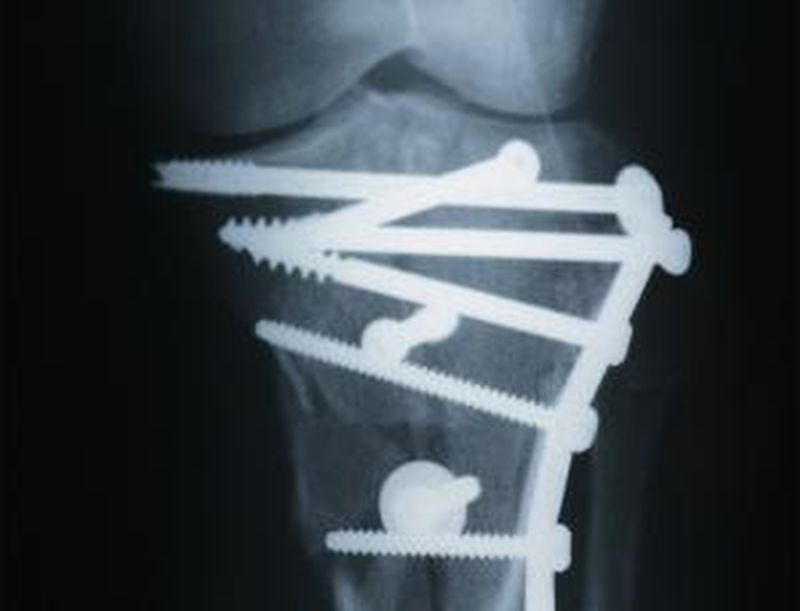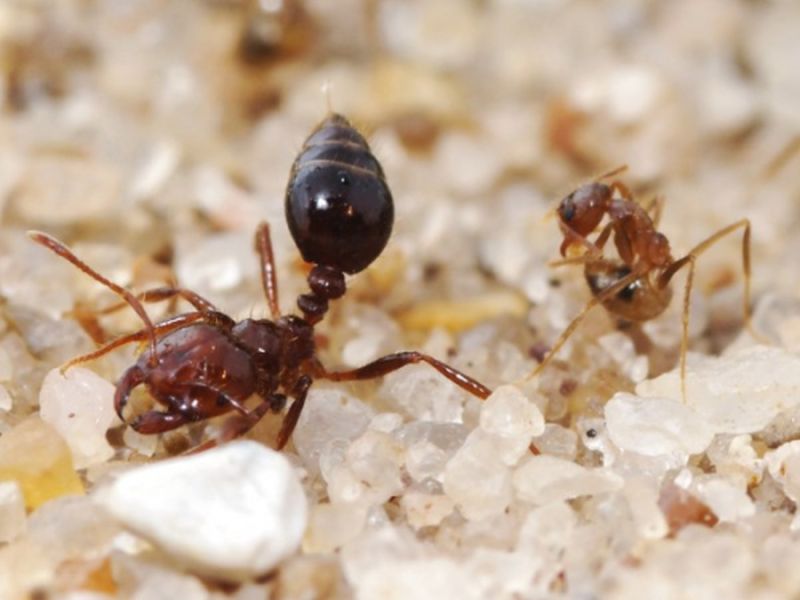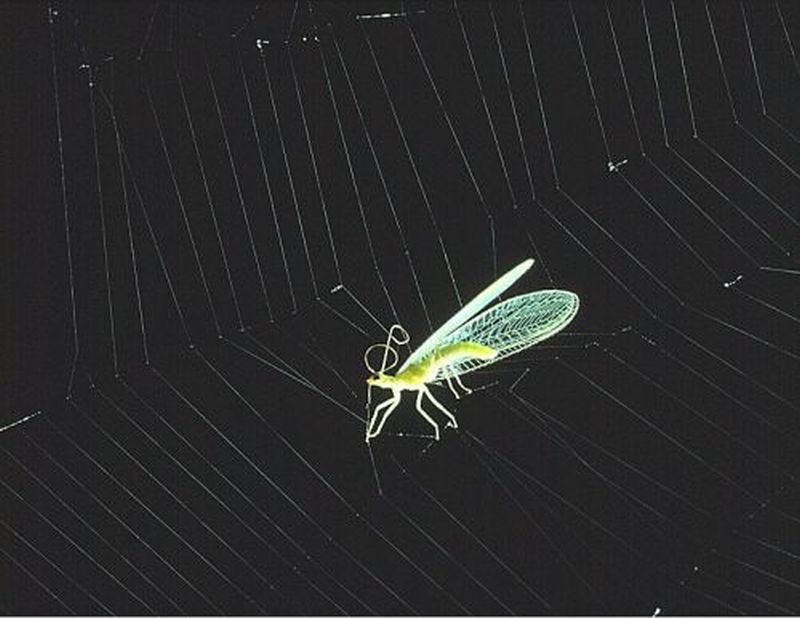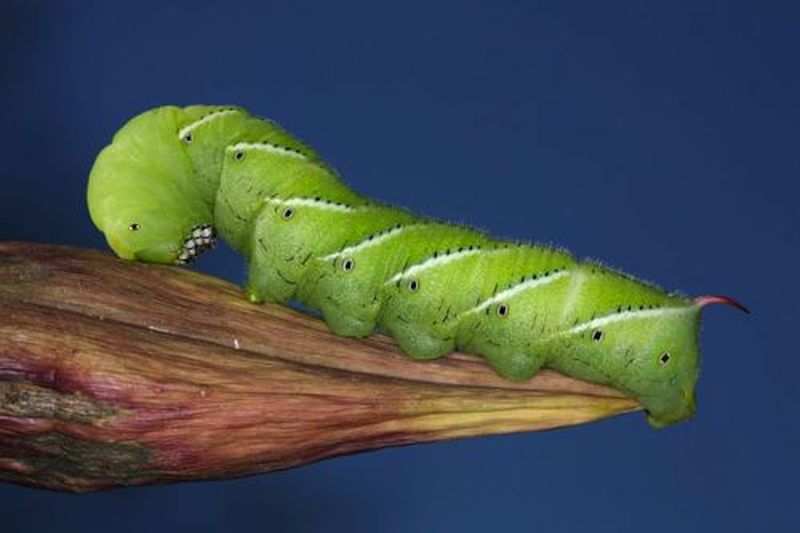Silk produced by the spiders or silkworm are known to have great tensile strength, elasticity and essentially bio-compatible. Medical researchers would very soon are going to use silk produced from these insects for fixing broken bones. Until now, metal screws, plates or biodegradable ones were being used for mending the bones. But now with this breakthrough invention we can have devices made up of silk for mending bones.
Search Results for: spiders
Fire Ants versus Crazy Ants: Battle For The Ecosystem
We are familiar with the species of ants known as fire ants, which are famous for their painful stings. The venom in the stings causes acute pain in humans and fatal for other species of ants and insects, is known to be twice or thrice more toxic than DDT when compared on a per weight basis. Therefore, these are known to dominate the territory where they reside. However, recently a species of ants have invaded the fire ant territory and giving a tough fight to these native ants.
Spider’s Web Employs Electric Charge to Capture Its Prey
Spider’s spun web to trap insects, which is known for its tensile strength and flexibility, easily stretching up-to five times their length without breaking. These webs, trap flying insects, pollen’s and other particulate matter present in the air. Traditionally it was believed that the flying insects are caught in this web. Interestingly, it is recently discovered that the spiders web are coated with a glue which makes the web electrically charged and so the web can actually leap towards any charged particles to grab it. The glue-coated web can even…
Hornworm Uses Tobacco To Avoid Predators
Tobacco in any form is hazardous. Recently a positive aspect of tobacco has been discovered, although not for humans. Team of researchers from the Max-Planck-Institute for Chemical Ecology has found hornworm caterpillars (Manduca sexta) using tobacco as defense mechanism. These caterpillars thrive on tobacco plants and thus absorb large amount of nicotine. When in danger hornworm caterpillars expel (halitosis) some amount of nicotine toxin reserved in its blood to avert its approaching enemies such as wolf spiders and other predators.




